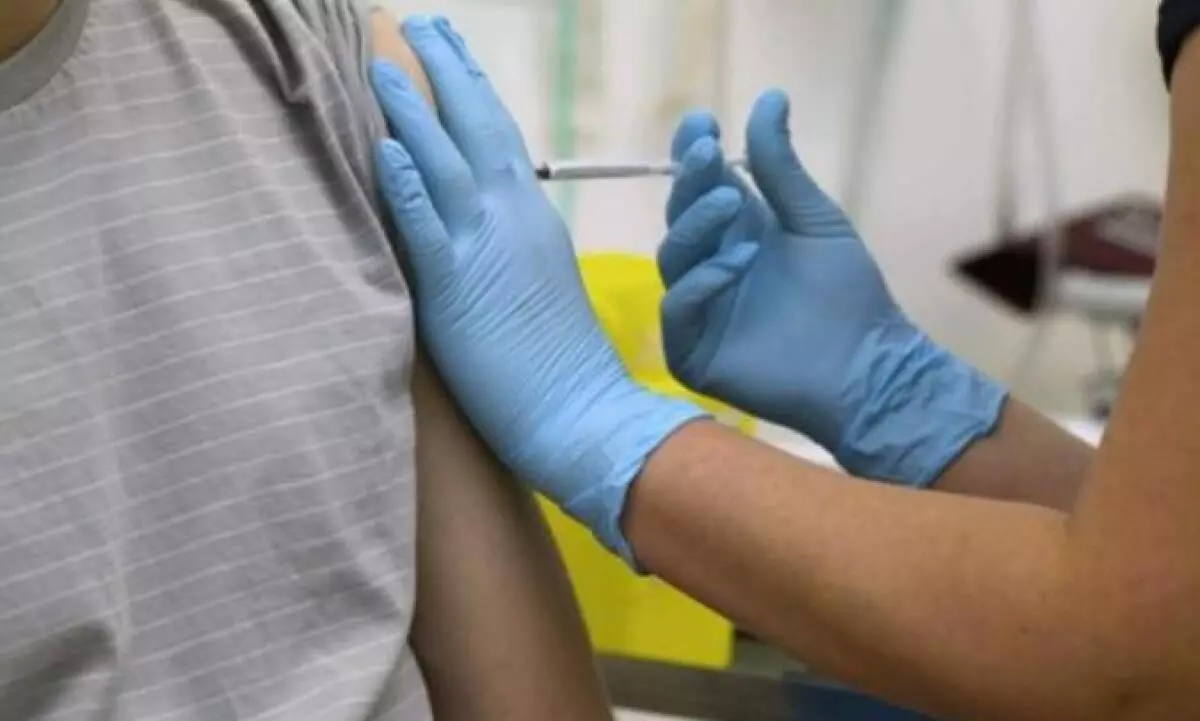
Teenage boys more likely to be hospitalised with Pfizer side-effect than Covid-19: Study
text_fieldsUS researchers have found that healthy boys are more likely to be hospitalised due to the rare side-effect of the Pfizer Covid vaccine than Covid itself.
Dr Tracy Høeg and the team at the University of California have been analysing the adverse reactions to Covid vaccines in children of the age group 12-17 in the first six months of 2021.
Their report suggests that boys with no underlying medical conditions are four to six times more likely to be diagnosed with vaccine-related myocarditis. Most children experienced the rare side effect days after receiving the second shot, claimed the study.
About 86% of the boys affected required some hospital care, said author Dr Tracy Hoeg.
The study also observed that Boys of the age group 12-15 have been reported to experience inflammation of the heart after receiving the dose of the Pfizer/BioNTech vaccine.
The UK's Joint Committee on Vaccines and Immunisation has taken a cautious approach to vaccines being administered to teenagers. Saul Faust, professor of paediatric immunology and infectious diseases at the University of Southampton, said that the new US study backs the JCVI's approach.
The rate of myocarditis after two shots of Pfizer vaccine was found to be 162.2 cases per million for healthy boys aged 12 to 15 and 94 cases per million for healthy boys aged 16 to 17. The estimated rate for girls was 13.4 and 13 cases per million.
Prof Faust said that the experts may be able to find a way to avoid the risk by combining vaccines differently. He added that there is no urgency to immunise children from a medical perspective. The study is yet to be peer-reviewed.






